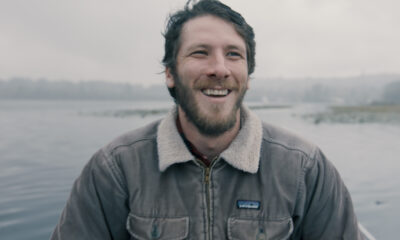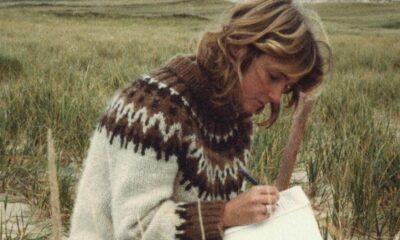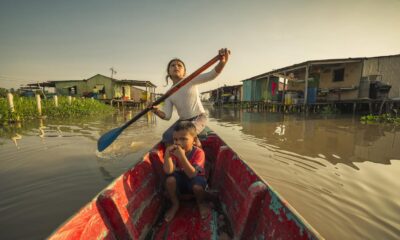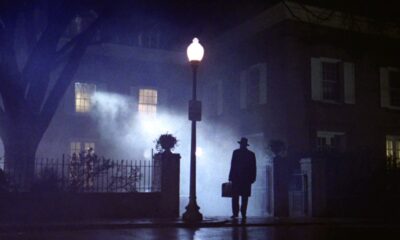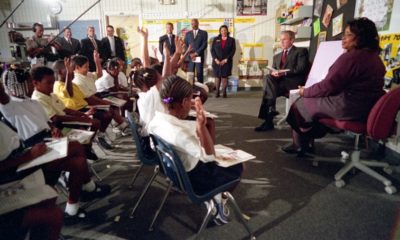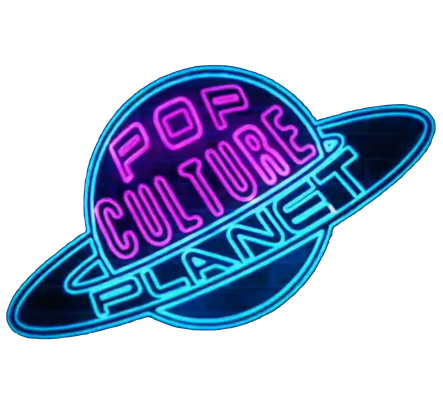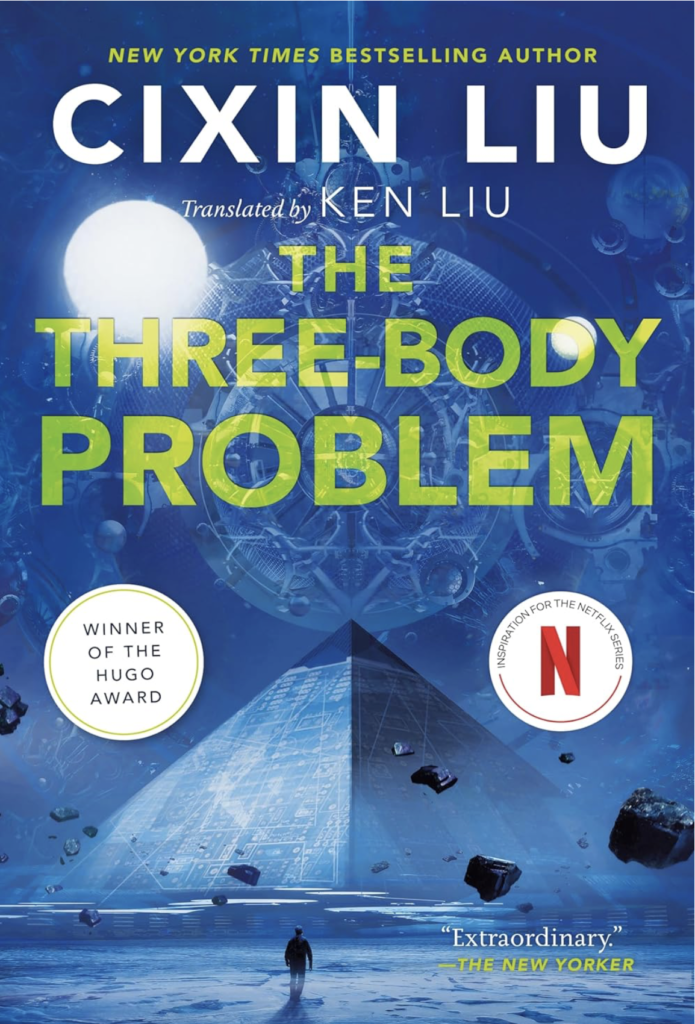HOT DOCS 2020
HOT DOCS 2020: THE REASON I JUMP
[tps_header][/tps_header]
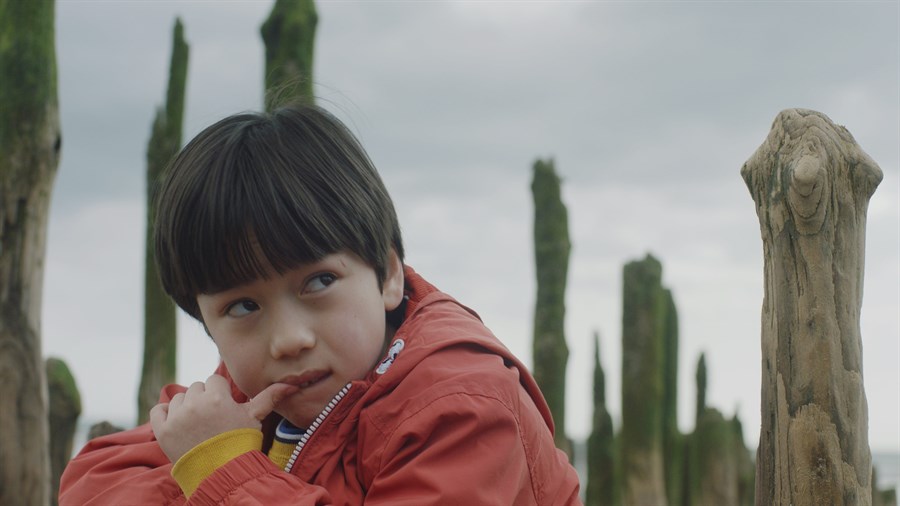

For starters, Naoki Higashida did not want himself to be part of the documentary because he wanted his writing to speak for itself. Rothwell instead went the route of trying to find subjects all over the world along with their families to speak of their story in dealing with autism. He also put his creative spin allowing the documentary and its subjects to be approachable rather than difficult. The audience will be able to immerse themselves in The Reason I Jump during this year’s Virtual 2020 Hot Docs Festival.
FERNTV: Where did you first come across the book from Naoki Higashida and what were your first thoughts?
Jerry: The idea for the film came from producers Jeremy Dear and Stevie Lee, parents of an autistic teenager (Joss, who is featured in the film). When Stevie and Jeremy came across the book, they found it transformative in the ways they thought about and related to Joss, and they wanted to develop it into a film. When I first read the book it felt a stunning achievement. Naoki wrote it when he was 13 years old, by pointing to letters on an alphabet board, and in it, he describes his childhood and his growing awareness of himself. The book is a response to 58 questions that get asked about autistic young people, particularly those like Naoki who are non-speaking. It begins with him wondering why he had been born and ends with him celebrating who he is.
So fluent and perceptive was Naoki’s writing that I – like some of Naoki’s reviewers – wondered how much his original words had changed through the process of transcription and translation. It certainly ran against the established idea that autistic people lack a ‘theory of mind’, something that had never matched with my experience of working with autistic people anyway. Meeting Naoki was revelatory too –and left me in no doubt he was the true author of his words. His capacity to use his alphabet board unaided to type thoughtful answers to my questions – whilst at the same time being subject to distractions, impulses, other associations. During our conversation, he would repeatedly stand up and go to the window before sitting down again to type the remainder of whatever sentence it was that had been interrupted by this impulse. When I asked him what it was that drew him to the window, he typed “I watch the wheels of cars rotating” when I asked why he typed “They are like galaxies rotating.” Think of that, next time you’re waiting for a bus.
FERNTV: What was it like to pitch your idea to Naoki and why do you think he or his publishers agreed to your approach to the film?
Jerry: I wanted to meet with Naoki and talk with him before embarking on the project, and I guess my first idea about the film was that it would be a film about Naoki finding his voice and becoming a writer, intercut with excerpts from the book. But Naoki was very clear that although he was very happy with the film being made, he did not want to be in it and did not want it to be about him. Like a lot of writers, he felt that his writing stands for itself. And in a way, Naoki’s response forced me to think more imaginatively and experimentally about the film – where Naoki’s words are used to get us thinking about the experiences of different autistic people around the world.
So the film takes the book as a starting point and riffs on its themes and ideas. In the end, this became a strength and led perhaps to a more interesting and unusual film than an issue-led biopic. It felt to me that the film structure should be a developing revelation of Naoki’s ideas about autism whilst immersing us in the everyday experiences of other nonspeaking autistic people in different parts of the world. Naoki’s words apply to himself – and as he says himself, can’t claim to speak for all autistic people – but they do provide a nudge to think about the things we’re seeing on screen differently.
FERNTV: How did you find your autistic subjects and why did you select those families that were from different parts of the world?
Jerry: I knew that I wanted the film to take us into a world without speech – rather than say primarily be based on the stories of parents. And I felt we often encounter nonspeaking autism primarily in families in the relatively affluent parts of the West – because they have the most resources to talk about it – and that it. should take us into the experience of young autistic people from different parts of the world. Early on in the book, Naoki writes about his visual experience – of seeing detail before connecting it to the big picture. And the artwork of Amrit Khurana in India felt an interesting way into that idea. Then I had been working on another film in Sierra Leone and wanted the film to include an African story. I met Jestina and her parents through an event they participated in. I was also looking for two people who may be a bit more politically active in terms of the rights and lives of nonspeaking autistics and that led me to Ben and Emma in Virginia.
FERNTV: There were many scenes where the lens of the camera were those of autistic people. How were you able to do this and were there any directorial influences?
Jerry: No film can exactly equate to someone’s perceptual experience – whether autistic or not. Instead, you’re guessing how cinema might evoke that experience. One of the things I think we found both in shooting and editing was that some of the language of cinema – of close-ups, intense sounds, selective focus were very resonant with the ways some autistic people describe their experiences. Working with DP Ruben Woodin Dechamps, there were broadly three kinds of visuals. One was to be with our characters in an observational way, as intimate as possible, being physically close but with quite wide lenses so that we could work with a really small crew and take an audience into their lives. The second was to try to use the spaces that people inhabited more subjectively, so to be attentive to the subjective sensory experiences in those spaces – the sound of a fan tapping against its grille or the horn of a car on a street, or the flicker of light on the water of sunlight on a wall. So we’d try and pick up as many of those sensory elements as we could, whether in sound or through a macro lens. And thirdly we. wanted a dreamier space which was principally where we hear the book – and see a young Japanese boy travelling through a series of landscapes. We were very lucky to find a young non-speaking autistic boy, Jim Fujiwara who was about the age Naoki describes in the book to play the role of the boy.
Sound is really important in the film and we worked with sound artist Nick Ryan, who himself is synaesthetic, and mixer Ben Baird, to create a 360 Atmos sound design, starting from 360 recordings which we made in each location. There’s a binaural mix so that those listening on headphones can also experience that immersive sound world. As for directorial influences, we tried to watch a lot of films without words, from Le Quattro Volte to Koyaanisqatsi to think about how they work, and when cutting the film, watching The Tree of Life was pretty helpful, just for the way it is edited to make sensory connections between scenes rather than primarily narrative ones.
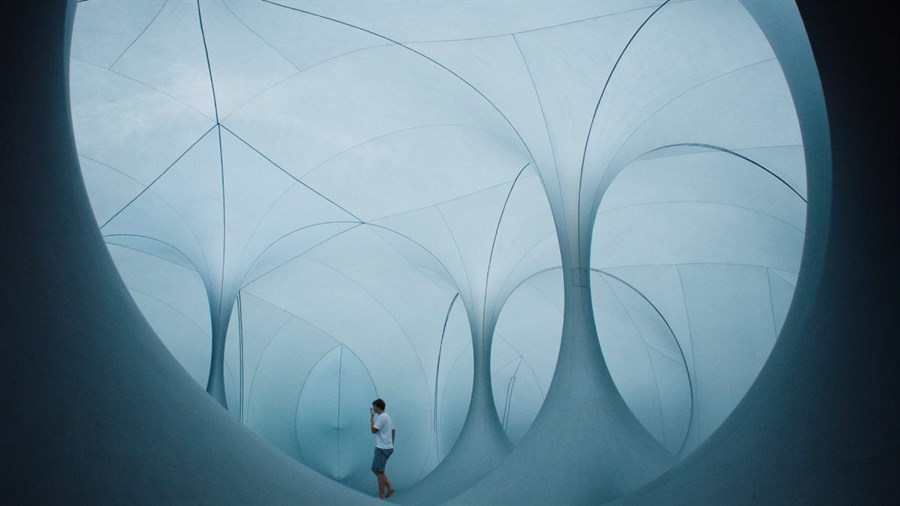

FERNTV: Do you feel this is where experimental film has a place?
Jerry: To me the film feels very accessible, despite it being unconventional in the way it unfolds. I think the whole team adopted a more experimental approach than in previous films. I didn’t have strong plans about the structure of the film or even about what we were going to shoot on particular days. Instead, we mostly tried to be led by the people in the film, and they took us into their world and the phenomena that were important to them. It felt like a process of improvisation – and that was very freeing from a filmmaking point of view. I guess that’s also what gives the film an experimental feel.
FERNTV: What was the biggest challenge of putting this film together?
Jerry: The book doesn’t have a linear story or characters; it’s structured around 58 questions about autism and Naoki’s thoughts about those. So it was challenging trying to work with something where your decisions weren’t narratively motivated, but instead by a kind of gradual unfurling or unwrapping of something. For me I had to throw out the props I usually rely on, language, testimony, plot and interviews – those much more verbal and logical tools – and instead go for something more sensual, and hopefully more cinematic.
FERNTV: Does your film humble you and can you tell us how?
Jerry: Sometimes I have this odd feeling that I don’t understand the film – or rather I feel that it works but I don’t know why, despite knowing every frame of it intimately. I think the young people in it – Amrit, Joss, Jestina Ben and Emma – made me rethink what I thought I understood, and that was humbling. Fortunately, we developed an open enough production process to enable who they are, their spirit, to infuse the film. Once you recognize the capacities of nonspeaking autistic people and how they have been systematically overlooked, then our terrible history – of institutionalization, behaviour modification, killings – becomes all the more shocking. I hope the film can play a role to change those misconceptions. The idea of neurodiversity – that we all perceive the world in subtly different ways – is a powerful and important one, which I think helps build bridges and solidarity we need for a more inclusive world.
FERNTV: Tell us what it is like to be part of Hot Docs this year?
Jerry: This is an unbelievably strange time to be releasing a film. We were lucky to be able to launch the film at Sundance and had the best possible opening for it. Then halfway through our second festival – the One World Film Festival in Prague, the event was shut down due to Covid-19 and we haven’t screened it since. There’s been this period where festivals have needed to rethink what a film festival is – how it might work online – and there’s been a lot of innovative and interesting ideas. So it’s exciting to see how the online experience of HotDocs works out, what can happen in a virtual space. The great thing about physical festivals is meeting people, sharing the film and all of the random conversations you get into, in Q&A’s or at side events, all of which I find gives me faith in the value of documentary filmmaking. To me, we must find a way to replicate that in an online festival as this is how things are going to be for a while.
-

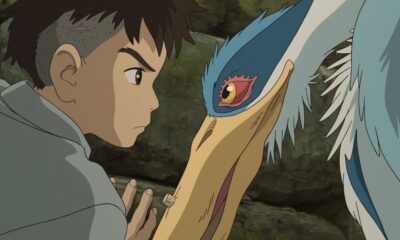

 BIPOC4 months ago
BIPOC4 months agoThe Boy and the Heron @TIFF 2023
-

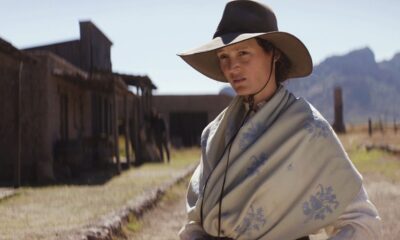

 TIFF 20238 months ago
TIFF 20238 months agoViggo Mortensen in The Dead Don’t Hurt @TIFF2023
-



 ACTORS/ACTRESSES2 months ago
ACTORS/ACTRESSES2 months agoAn Exciting Conversation with Sydney Sweeney @SXSW 2024
-

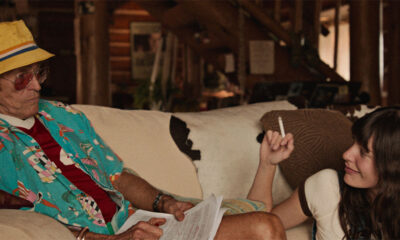

 Uncategorized8 months ago
Uncategorized8 months agoWillem Dafoe in Gonzo Girl @TIFF 2023
-

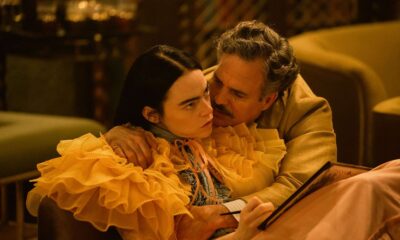

 ACTORS/ACTRESSES3 months ago
ACTORS/ACTRESSES3 months agoThe Exciting 96th Oscar Nominations Announced
-

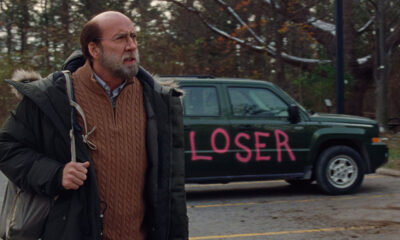

 TIFF 20238 months ago
TIFF 20238 months agoNicolas Cage in Dream Scenario @TIFF 2023
-



 Uncategorized9 months ago
Uncategorized9 months agoSly to close TIFF2023
-

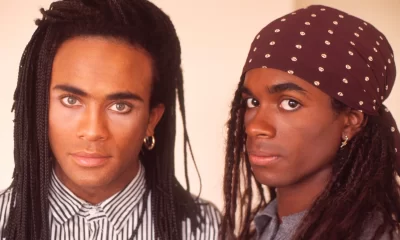

 TRIBECA 202311 months ago
TRIBECA 202311 months agoMilli Vanilli @ Tribeca Film Festival 2023


